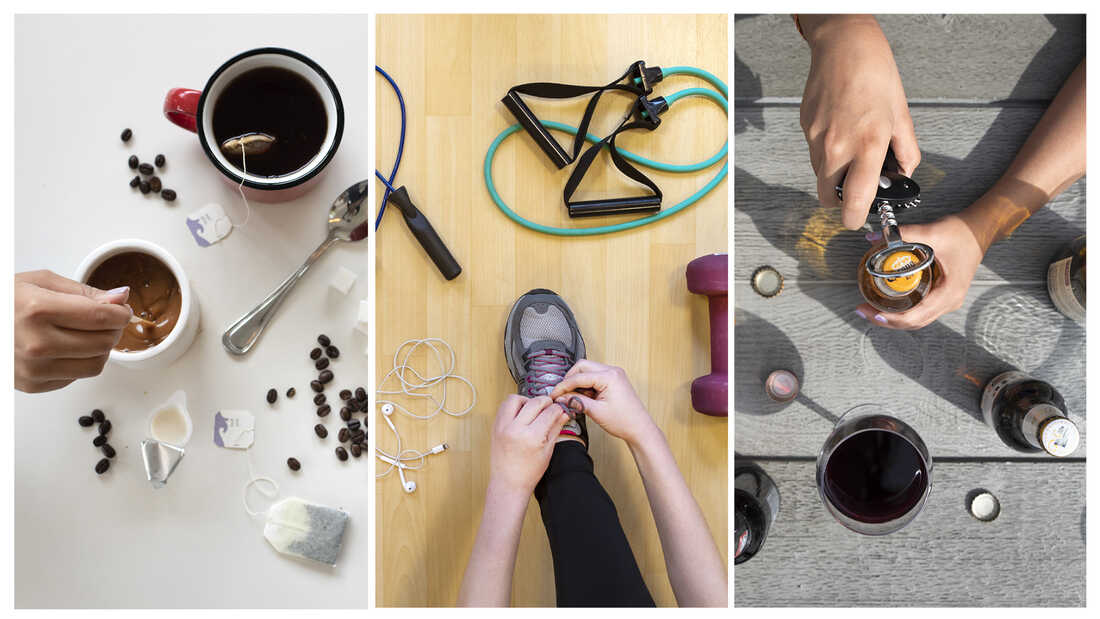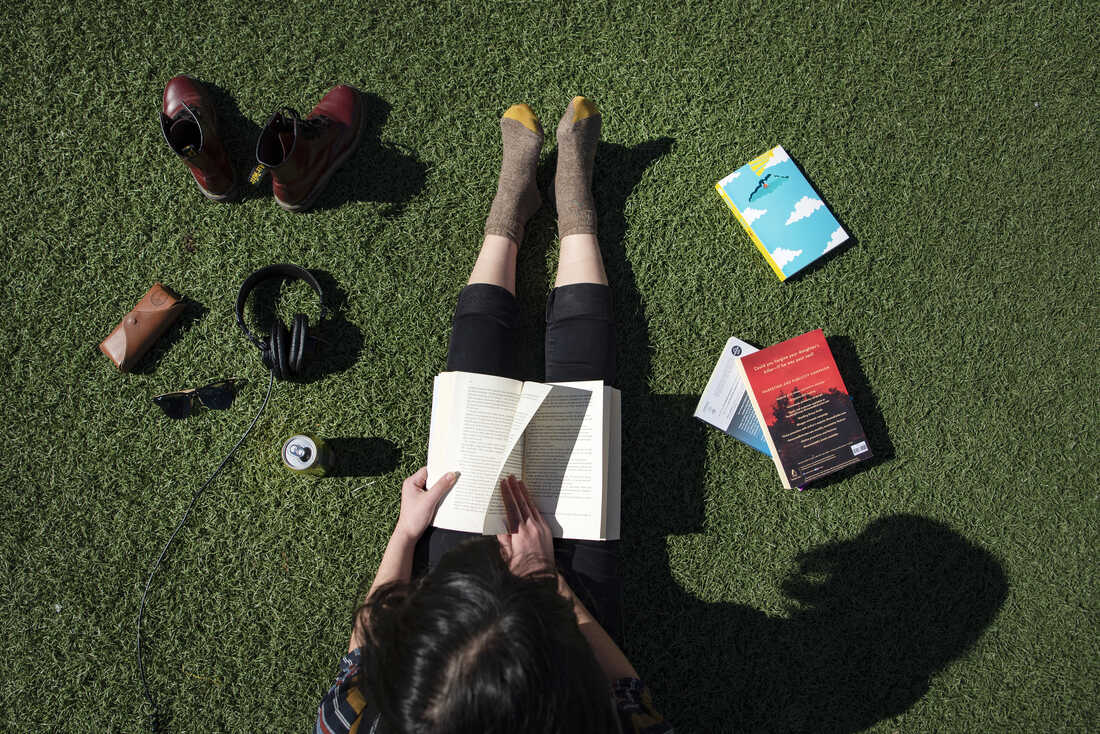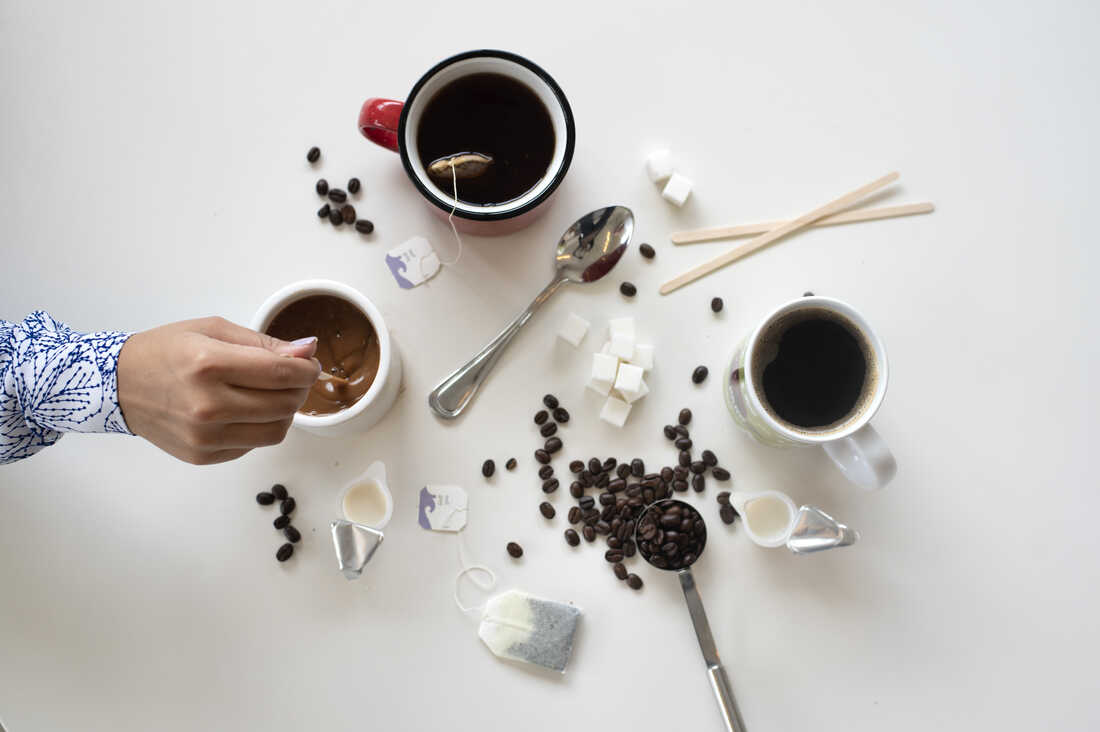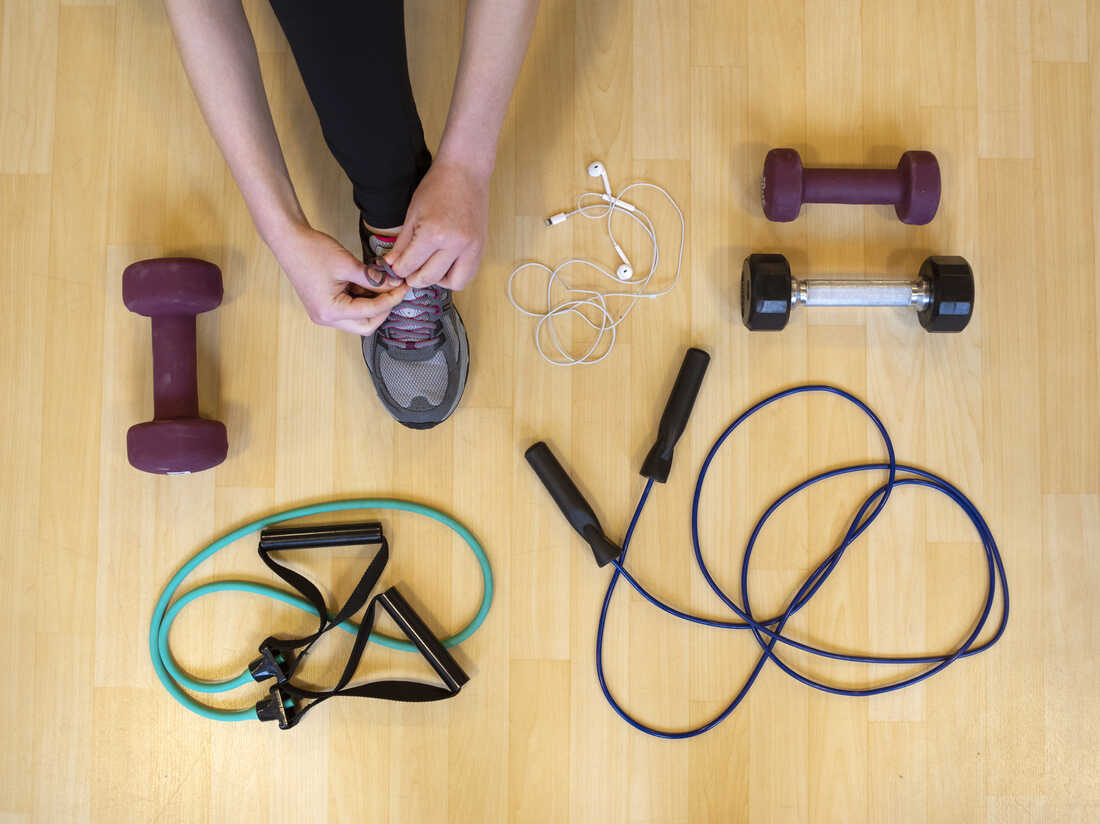Crafting effective daytime habits for better sleep is crucial for improving overall sleep quality.

Improving Sleep Quality with Healthy Daytime Habits
Enhancing your sleep quality involves daily exercise and reducing consumption of caffeine and alcohol. Daylight saving time starts at 2 a.m. local time on Sunday, March 10, leading to disruptions in our body clock and the challenge of losing an hour of sleep. Sleep deprivation can have severe consequences, including heightened anxiety, depression, weight gain, and even dementia.
Whether adjusting to time changes or aiming to improve overall sleep patterns, it’s crucial to prioritize healthy habits. Nighttime routines are essential, but daytime practices play a significant role in ensuring restful sleep. Therefore, in addition to dedicating eight hours to sleep each night, here are five daytime strategies to optimize your sleep:
- Aim for regular exercise to promote better sleep quality.
- Limit the intake of caffeine and alcohol, especially close to bedtime.
- Establish a consistent sleep schedule to regulate your body’s internal clock.
- Create a relaxing bedtime routine to signal to your body that it’s time to wind down.
- Avoid electronic devices before bed, as the blue light emitted can disrupt your sleep cycle.
By incorporating these daytime habits into your routine, you can set the stage for a restful night’s sleep and wake up feeling refreshed and rejuvenated.
1. Let natural light in or step outdoors for better sleep!

Optimizing Daytime Habits for Better Sleep
Begin your day by immersing yourself in natural light. Open your blinds and step outside for at least 20 minutes during the early to mid-morning. Research indicates that exposure to daylight in the morning can significantly improve your sleep quality at night.
According to Matthew Walker, a neuroscience and psychology professor at the University of California, Berkeley, and the founder of the Center for Human Sleep Science, daylight plays a crucial role in resetting our internal clock. When daylight enters our eyes, it suppresses the production of melatonin, signaling to our brain that it’s time to wake up naturally.
A study published in the journal Sleep Health in 2017 discovered that individuals working in offices who received higher light exposure between 8 a.m. and noon experienced faster sleep onset and deeper sleep compared to those with limited light exposure.
2. Say goodbye to your afternoon latte. (Seriously!)

Understanding the Impact of Caffeine on Your Sleep
Even if you believe you can enjoy a cup of coffee post-dinner and still doze off easily, that assumption might not be entirely accurate. According to Walker, there is a common misconception about how caffeine interacts with our sleep patterns.
Our bodies and brains contain a compound known as adenosine, often referred to as “the sleepiness chemical” by Walker. Adenosine levels typically rise throughout the day, preparing you for a restful night’s sleep. However, caffeine has the ability to attach to adenosine receptors, hindering its sleep-inducing signals.
When caffeine enters your system, it essentially suppresses the sleepiness cues from adenosine, keeping you alert and awake, as explained by Walker.
The half-life of caffeine, which signifies the duration for your body to metabolize half of the caffeine ingested, ranges from five to seven hours. This means that if you have a cup of coffee at 4 p.m., a significant amount of caffeine might still be active in your system by bedtime.
A recent study featured in the Journal of Clinical Sleep Medicine revealed that even consuming caffeine six hours before bedtime can notably disrupt your sleep compared to those who opt for a placebo instead.
While some individuals can fall asleep without issues after consuming caffeine, Walker suggests there could be a downside. Research indicates that even if individuals manage to fall asleep after a standard coffee intake, their deep sleep stages may be compromised.
Walker emphasizes the importance of being mindful about the timing of caffeine consumption, suggesting that individuals consider limiting caffeinated beverages by late morning to optimize their daytime habits for sleep.
3. Engage in Physical Activity and Exhaust Yourself.

Benefits of Incorporating Daytime Habits for Sleep
Finding time for a workout routine in your day may be challenging, but the benefits make it worthwhile.
Engaging in exercise can play a significant role in promoting good sleep through various mechanisms. Physical activity is effective in reducing anxiety, which directly contributes to better sleep quality. For additional support in reducing late-night overthinking, consider exploring resources like the Life Kit episode on CBT-I for sleep.
Moreover, regular exercise can help in physically exhausting the body, leading to improved sleep patterns. Numerous studies have highlighted the positive correlation between physical activity and enhanced sleep. A meta-analysis featured in the Journal of Behavioral Medicine revealed that consistent exercise not only enhances sleep quality but also aids in quicker sleep onset and longer sleep duration.
Research by Walker underscores the impact of exercise on sleep. In a study involving older adults who were previously inactive, implementing a physical activity program resulted in an increase in their nightly sleep duration by up to an hour after four months. This cumulative effect over time demonstrates the long-term benefits of integrating exercise into daily routines.
Additionally, adopting healthy eating habits can complement the benefits of exercise in improving sleep quality. Studies have shown that following a Mediterranean-style diet, characterized by high fruit and vegetable intake and low processed foods and refined carbohydrates, can reduce anxiety and depression levels in young adults over a three-week period.
4. Restrict your nighttime consumption of alcohol.

Alcohol and Sleep: Understanding the Impact on Your Rest
Have you ever experienced sudden awakenings in the middle of the night after a night of drinking? Surprisingly, alcohol has complex effects on our sleep patterns. According to Walker, many people mistakenly view alcohol as a sleep aid, when in reality, it is far from it.
To begin with, alcohol can disrupt deep sleep, leading to more fragmented sleep cycles, as highlighted by Walker. Numerous studies have demonstrated the negative impact of alcohol on sleep quality. Following a night of drinking, REM sleep, the stage associated with increased dreaming, tends to be suppressed, particularly in the initial part of the night when alcohol is still present in the body.
Even consuming just one glass of wine during dinner can have noticeable effects on sleep. Walker emphasizes the importance of making informed decisions regarding alcohol consumption, without adopting an overly strict approach. It’s all about finding the right balance in life.
Moreover, it’s essential to consider that alcohol can impair the brain’s ability to form new memories, as indicated by a study referenced by Walker. This study revealed that disrupting sleep after learning something new while under the influence of alcohol could erase up to 50% of the memory, significantly impacting memory retention.
In conclusion, understanding how alcohol influences sleep is crucial for maintaining healthy sleep patterns. By being aware of the effects of alcohol on sleep quality and memory consolidation, individuals can make informed decisions about their nighttime habits for optimal rest.
5. Transform Your Bedroom into a Calm Oasis, Free of Screens.
Many individuals find themselves constantly connected to their devices. However, these gadgets emit blue light, which can disrupt our sleep patterns. Bringing electronic devices to bed with us can impede sleep by inhibiting the release of melatonin, the hormone that prompts our brain to prepare for sleep.

Impact of Daytime Habits for Sleep on Melatonin Release
It is highly recommended to opt for traditional books or paper magazines for bedtime reading. According to research, using an iPad before bed can significantly inhibit the release of melatonin compared to reading under dim light with a paper book. Melatonin is crucial for promoting restful sleep, and artificial light can disrupt its production, as explained by Lisa Ostrin, an assistant professor at the University of Houston College of Optometry.
Ostrin’s study, along with her team, demonstrated the benefits of filtering out blue light. Participants who wore blue-light-filtering glasses experienced a 58% increase in melatonin levels after two weeks, leading to improved sleep quality. While apps designed to reduce blue light on screens are available, Ostrin suggests that blue-blocking glasses are more effective in preserving melatonin levels.
Alissa Escarce created the audio version of this article, originally published on March 25, 2019.
For more information on optimizing your daytime habits for better sleep, please visit our site 60time.com. Also, don’t forget to follow us on social media at Facebook.


